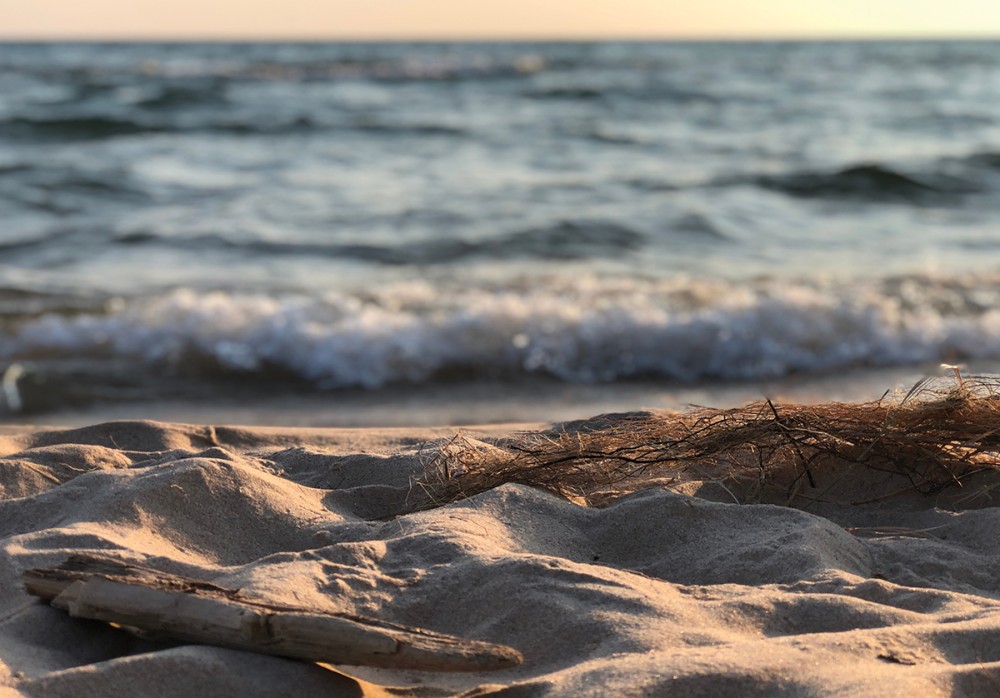Potawatomi women are water protectors
I'm standing by Lake Michigan for the first time, but it already knows me.

Indigenous bodies are bodies that remember. We carry stories inside us—not just stories of oppression but stories of liberation, of renewal, of survival. The sacred thing about being human is that no matter how hard we try to get rid of them, our stories are our stories. They are carried inside us; they hover over us; they are the tools we use to explain ourselves to one another, to connect.
I grew up being really afraid of water. When I was very small, I waded into a pool that was too deep for my tiny body, and I fell under. I watched as the glossy surface hovered above my eyes, and I saw the outline of my sister’s body come in for me. I was lifted out in time, and I was fine, but a fear was instilled in me that I couldn’t shake for many years. I didn’t learn to swim until I was 13, and after I had children, my worst nightmares were of a child’s death by drowning, by currents that are too strong for my little ones to fight against.
Water can be a dangerous thing, but water is also the lifeblood of us all. It is why flood stories are so powerful and so sacred; the earth gets destroyed by water, and it gets rebuilt by that same water as it gives life to everything again.





